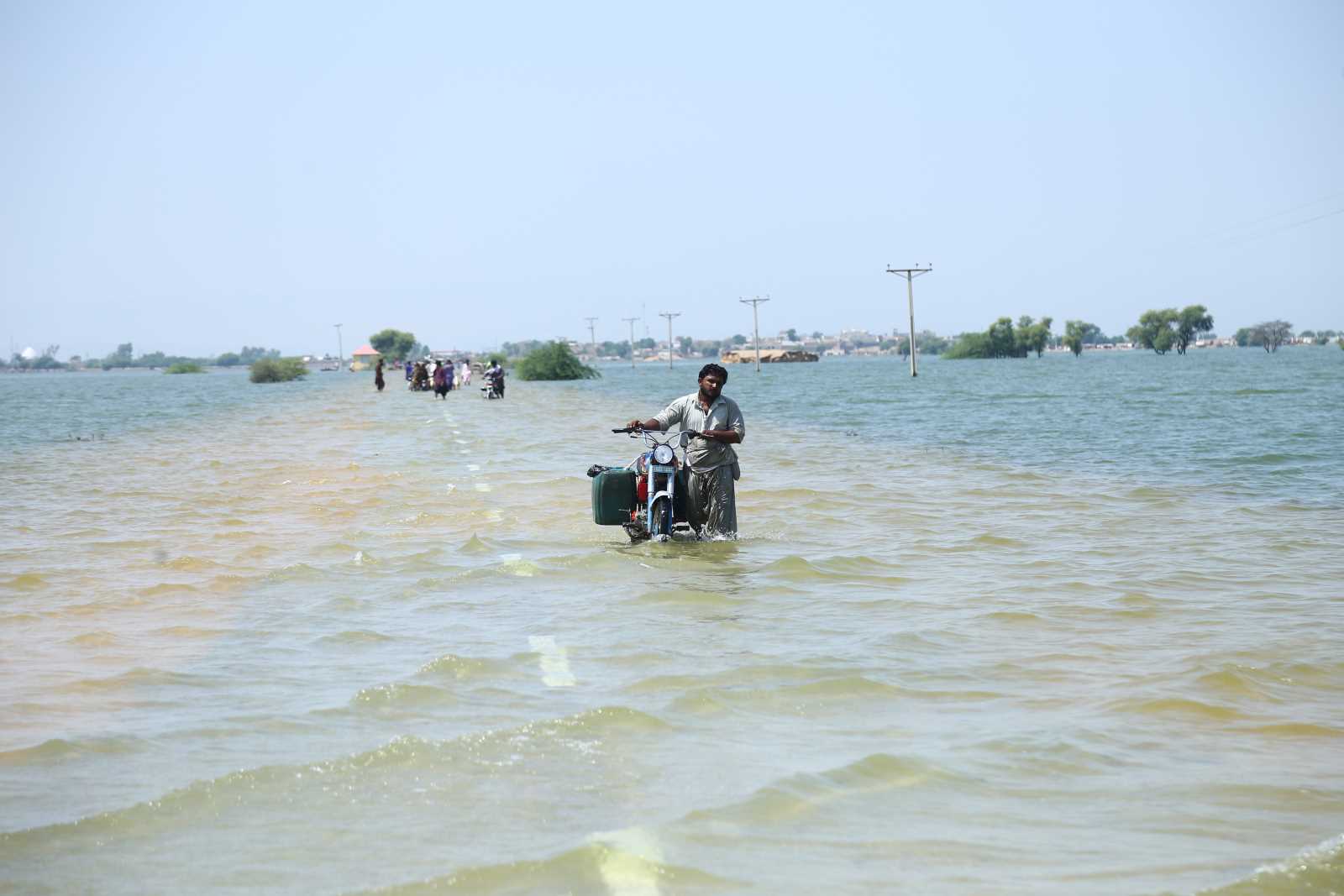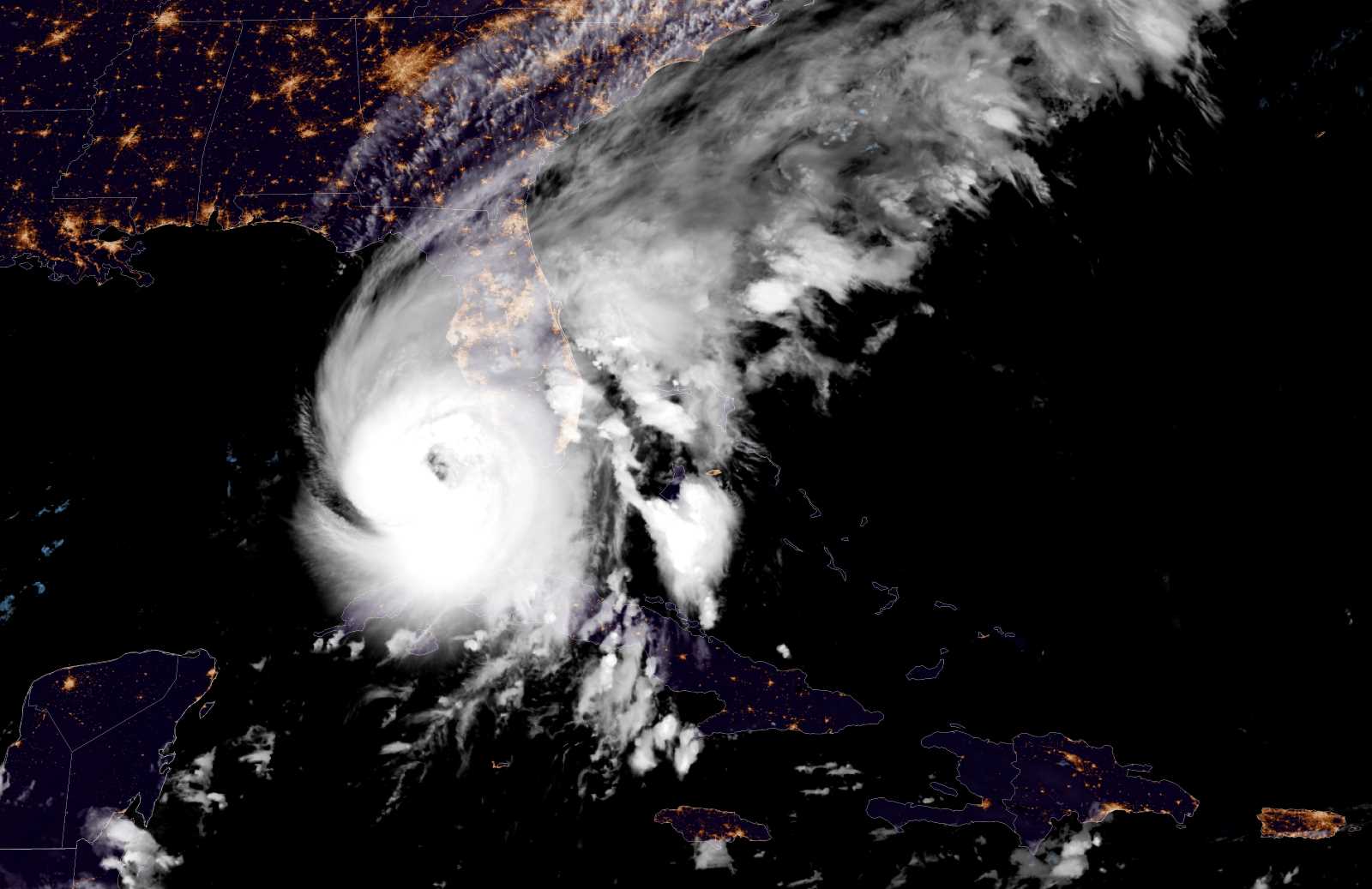Climate change and the decline of the Roman Empire
This summer, I was quite impressed by a book written by the German historian Philipp Blom. In it he assesses the impacts of the so-called Little Ice Age of the 16th century on European history. They fuelled the era’s religious wars, triggered interest in engineering matters and forced European powers to import commodities from far away countries. I summarised Blom’s findings in a monitor contribution on our website. As Bloom argues, colonial imperialism and the Industrial Revolution had roots in the Little Ice Age.
This weekend, however, I learned that the decline of the Roman Empire was similarly related to a changing climate. It turns out there was another Little Ice Age during the first half of the first millennium Common Era. Unusual cold spells harmed agriculture, and so far unknown diseases wreaked havoc. Moreover, an unfavourable climate caused unprecedented migration. For example, the Huns moved west from the Prairie landscapes of Asia’s planes because of drought, and in turn, they made Germanic tribes leave their homes.
I only read a short article on the matter, but I think it is quite convincing. It was posted on vox.com. The author is Kyle Harper of the University of Oklahoma. Harper’s essay does not spell out to what extent unprecedented epidemics were linked to climate change at the time, but I suspect they may have been related. People’s immune system suffers when they do not get sufficient food, which is quite likely at times of agricultural crisis.
As the delegations from all over the world congregate in Bonn for this year’s UN climate summit, insights as the kind that Harper elaborates on, matter quite a lot, even though they concern events of more than thousand years ago. The message is that climate change is indeed profoundly destabilising.
Another thing is worth mentioning too. While US President Donald Trump prominently argues that climate change is a hoax and does not warrant multilateral action, scientists who work for the US government disagree. Last week, they launched the first part of their Climate Science Special Report. “This assessment concludes, based on extensive evidence, that it is extremely likely that human activities, especially emissions of greenhouse gases, are the dominant cause of the observed warming since the mid-20th century,” the document states. “For the warming over the last century, there is no convincing alternative explanation supported by the extent of the observational evidence.” If you want to learn more, once again, check out vox.com.
P.S.: I can generally recommend checking out vox.com. It is and innovative website with the motto “explain the news”. It does not have a pay wall. Its contributors do a great job of explaining complex issues, and they normally indicate their sources thoroughly, so you can tell that they are not making up fake news. On the other hand, vox.com invites authors like Harper to contribute, whose professional standing means that they have a solid understanding of the topic they’re handling.













